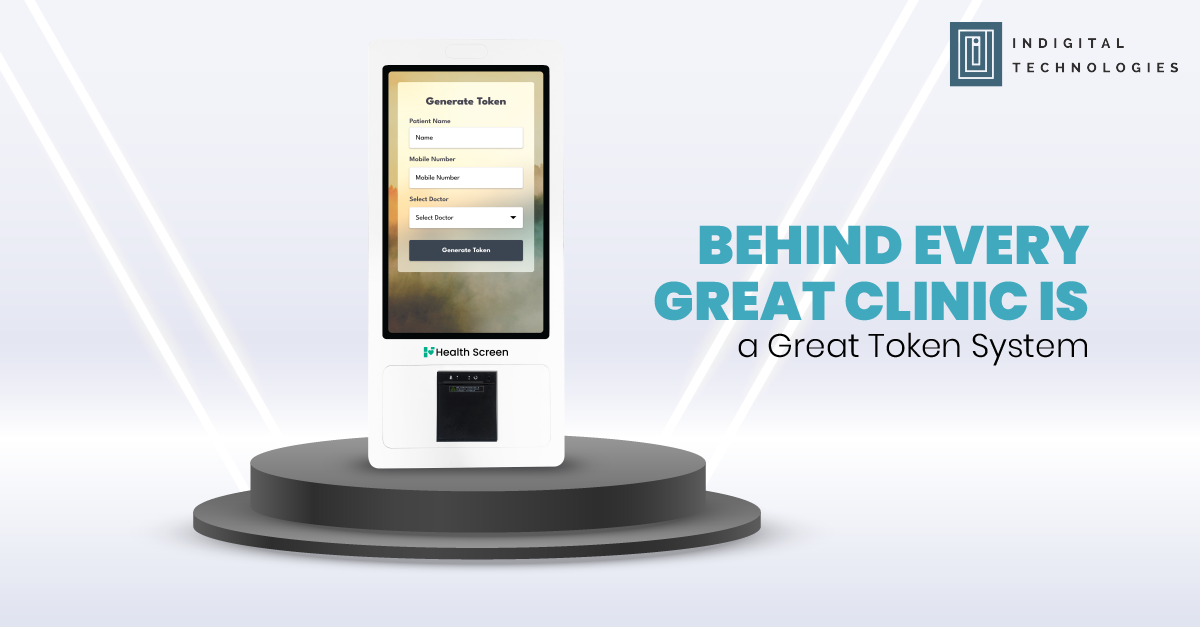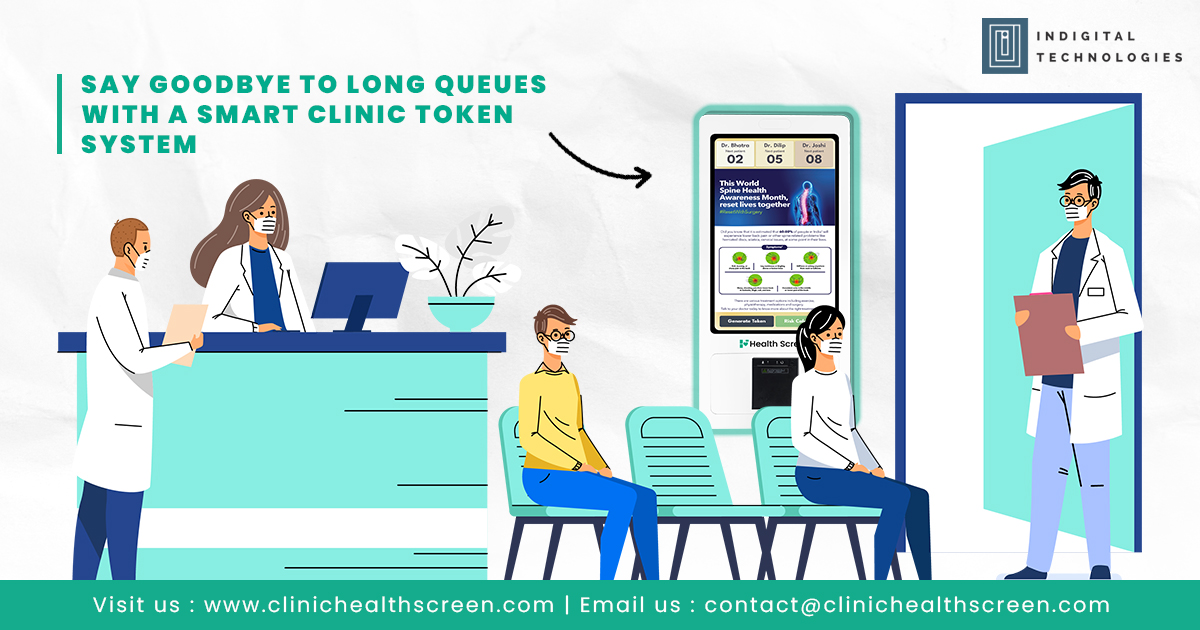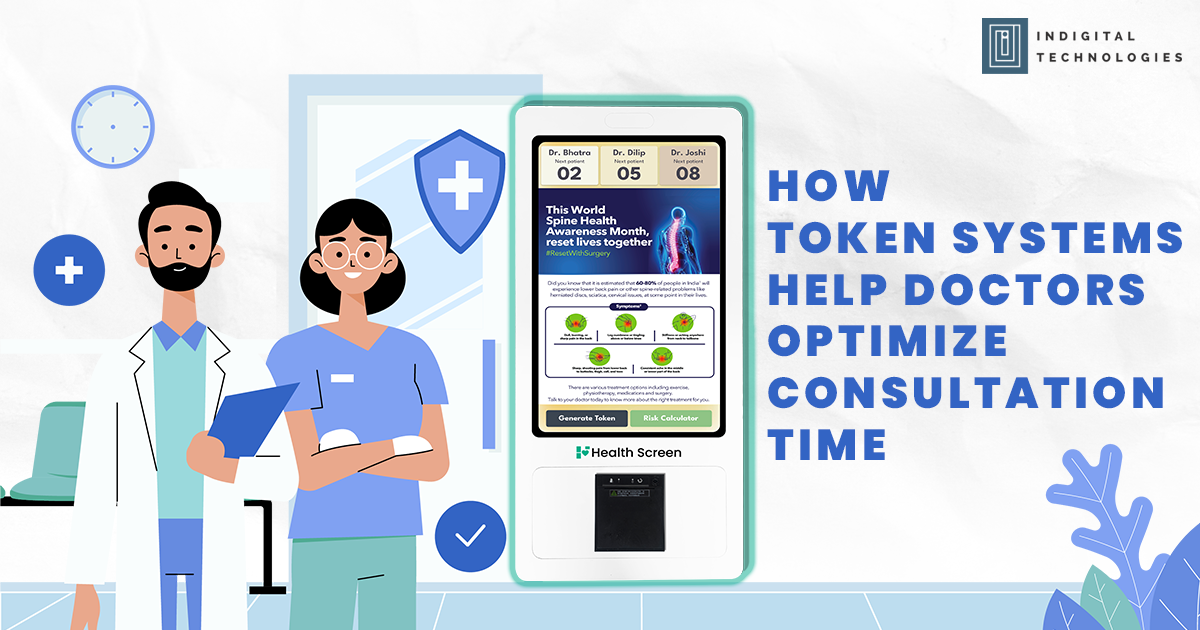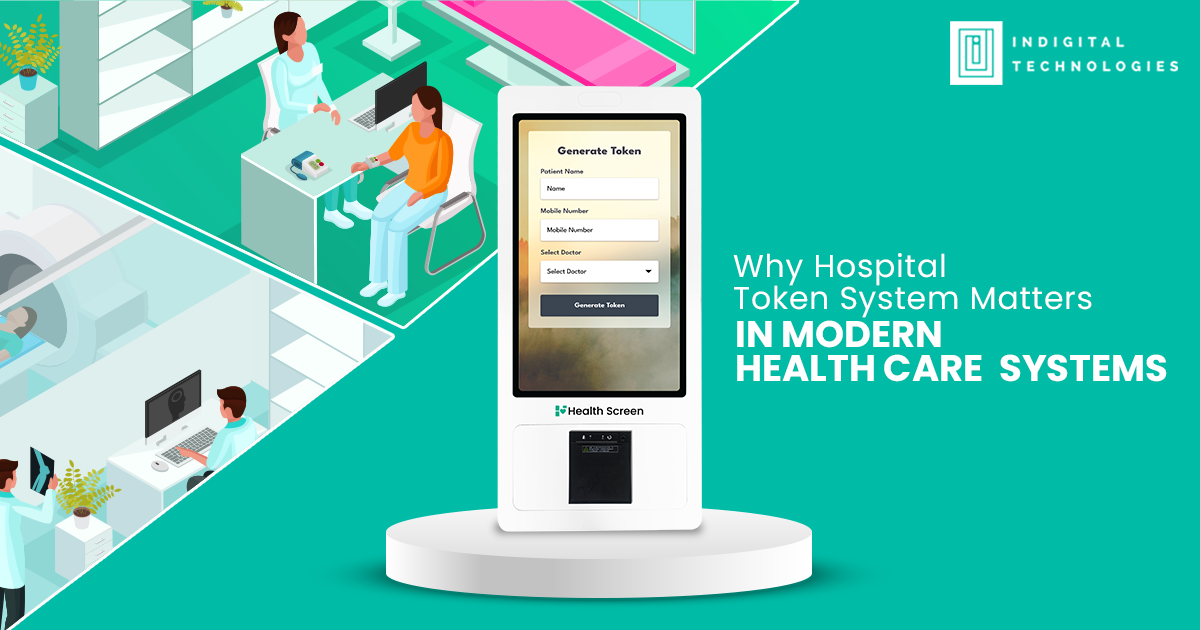Ever sat in a crowded clinic waiting room, overhearing frustrated patients, nurses juggling names, and doctors falling behind on appointments? It’s not a rare scene. In fact, more than 60% of Indian OPDs report mismanaged patient queues as a core cause of operational inefficiency.
But the best-run clinics—those with the highest patient satisfaction and clinical productivity—have one thing in common: a smart, reliable token system at their heart.
Here’s why the humble token system has become the quiet engine behind great clinical practice—and how pharma can benefit by being a part of this transformation.
The Problem with Traditional Queues
Most clinics in India still rely on:
- Paper slips
- Verbal announcements
- Patients crowding at the reception desk
This leads to:
- Long and uncertain wait times
- Skipped patients or confusion in the queue
- Unhappy, anxious patients
- Increased staff workload and human errors
It’s an outdated system for an era where patients expect efficiency and transparency.
What a Smart Token System Can Do
Modern token systems offer more than just numbers on a screen.
Here’s what they bring:
- Digital queue display for patients and staff
- Auto token generation via touch/tap or receptionist input
- Waiting time visibility for patients
- Announcements and screen alerts
- Integration with patient education content, making waiting time productive
Impact on Clinic Operations
- Up to 30% reduction in waiting room congestion
- Faster consultation turnaround time
- Less patient frustration and fewer missed turns
- Streamlined staff workflow
- More structured patient flow = more revenue potential per hour
Clinics with organized token flows often accommodate 10–15% more patients daily without compromising on care quality.
Real Story: Orthopedic Clinic in Gujarat
An orthopedic surgeon in Rajkot implemented a token system with educational screens. Before the setup:
- Patients waited an average of 45 minutes
- Reception staff had to call out names repeatedly
After the setup:
- Wait time dropped to 25 minutes on average
- Reception was free to manage records and incoming calls
- Patients appreciated the educational content shown during the wait
Result? Higher patient satisfaction and stronger word-of-mouth referrals.
Why This Matters for Pharma Managers
For pharma, token systems are more than tech—they are smart engagement platforms:
- Brand messages, educational videos, or therapy awareness clips can play during the wait
- Patients are most receptive while waiting—they’re tuned in and attentive
- Co-branded digital token systems enhance brand visibility inside the clinic
It’s not just about product push—it’s about value-driven association.
Benefits to Doctors
- Better focus – fewer distractions, more predictable flow
- Time savings – spend more time on cases, less on admin
- Less chaos – relaxed waiting area = relaxed doctor
- Scalable growth – structured flow allows clinic expansion without friction
Common Myths
❌ “It’s too costly”
✅ Reality: Token systems today are available in compact, subscription-based models. Some are even pharma-sponsored.
❌ “It’s only for hospitals”
✅ Reality: Solo and group practices benefit immensely—especially high-volume OPDs.
❌ “It’s hard to train staff”
✅ Reality: Most systems are plug & play, with touchscreen UI or simple desktop interfaces.
Final Thought
Behind every great doctor is not just a good diagnosis—but a system that allows them to focus on what matters most: the patient. In 2025, a token system isn’t optional—it’s a sign of forward-thinking practice. And for pharma brands aiming to stay relevant in the clinic space, supporting smart engagement tools like token systems is a strategic move.





